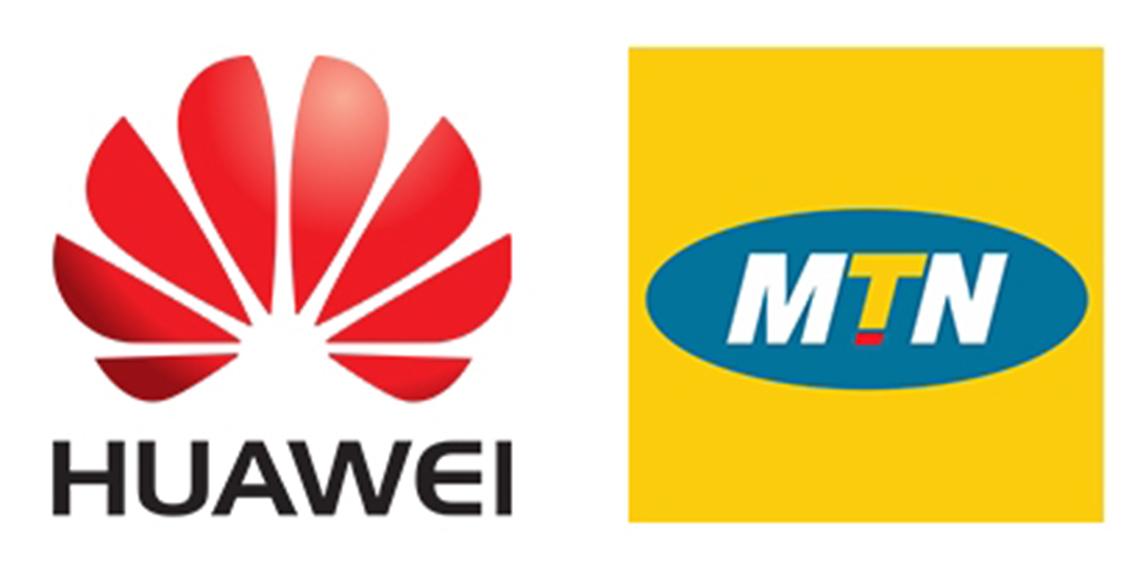MTN, theSouth Africa-based multinational mobile telecommunications company, announced its partnership with Huawei to launch the first Narrowband Internet of Things (NB-IoT) solution in Africa - a Smart Water Metering solution designed to help MTN develop their NB-IoT services to explore new markets in the continent.
The NB-IoT technology is powered by Huawei, with a sensor array that is designed to serve as a diagnostic spine that underpins network management. Data gathered from this technology can be used to control waste water flow from properties, and also identify faults across the network, as well as improve safety outcomes, IT News Africa reports.
The Smart Water Metering service from MTN will be commercially deployed in 2017. MTN and Huawei showcased a live Smart Water Metering Demo and other IoT services at AfricaCom 2016, Cape Town, from November 15-17.
The NB-IoT solution enables the automated collection of utility meter data, which is beneficial seeing as manual meter reading leads to high labor costs and inaccurate data. Through sensors installed in water meters, customers can identify water pipeline leakage earlier. Household water meters will automatically report data on a regular basis, reducing fault probabilities and the operating expense.
"NB-IoT is viewed by the industry as the answer for enterprise applications in a range of different areas, from utility meters to sensor monitoring to asset-tracking," said Babak Fouladi, Group Chief Technology and Information Officer, Interim SA CTO at MTN. "In line with our strategy to explore new enterprise markets, MTN is glad to lead the application of this new technology in Africa. Now we've succeeded in the commercial trial of smart water metering, the first NB-IoT service in Africa, and looking forward, wildlife tracking, smart farm, and smart parking etc., lots of services will be available to bring us a better connected Africa."
The benefit of NB-IoT is that the technology is able to extend the utilization of IoT by making it more efficient to connect devices and 'things' that require a long battery life and that are located in remote areas where internet connectivity is low, by means of mobile connectivity. This Low Power Wide Area technology, according to the report, can connect more objects to the Internet of Things. Some analysts predict that with the increasing number of connections expected in the near future, the IoT market is expected to be worth trillions of dollars by 2020, with a promising market of 450 million cellular IoT connections needed in Africa.
